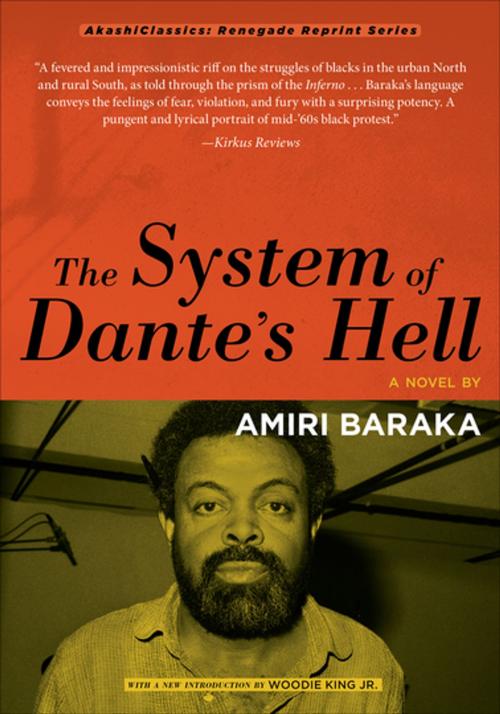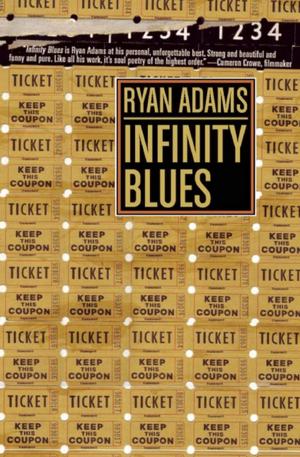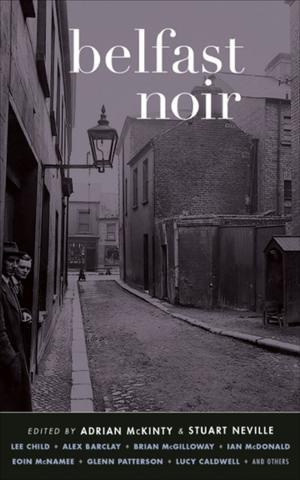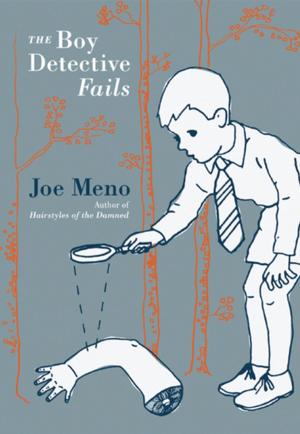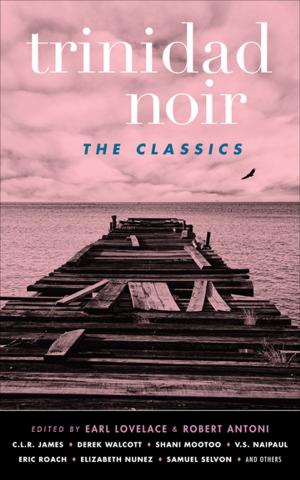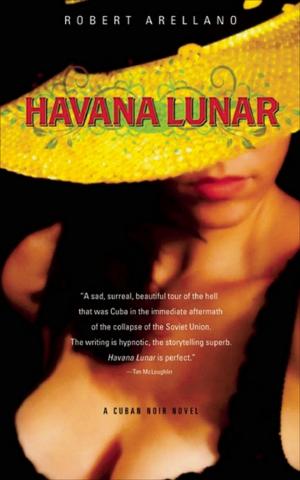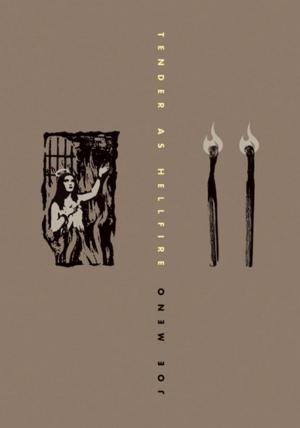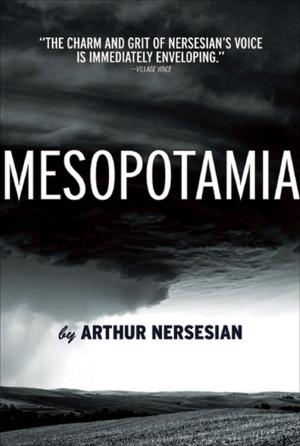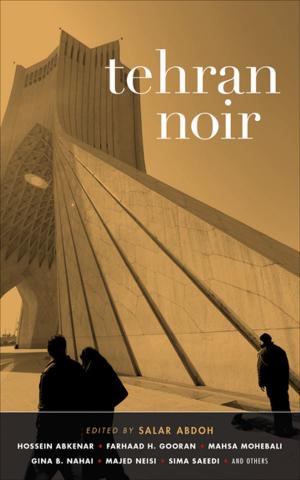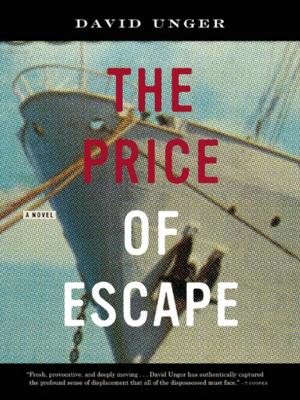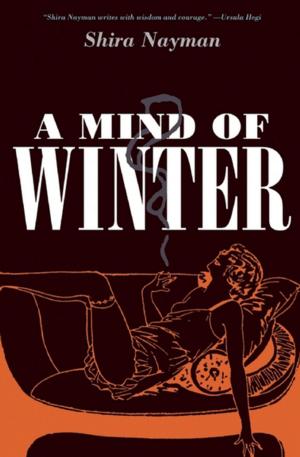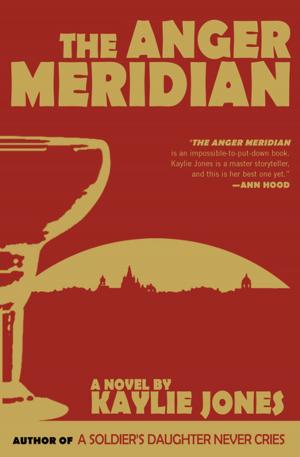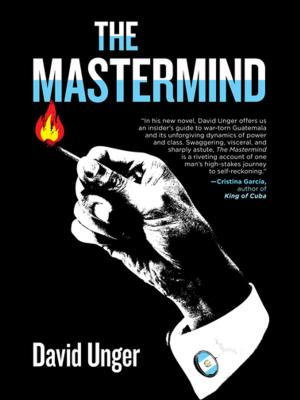| Author: | Amiri Baraka | ISBN: | 9781617754142 |
| Publisher: | Akashic Books (Ignition) | Publication: | February 16, 2016 |
| Imprint: | Akashic Books | Language: | English |
| Author: | Amiri Baraka |
| ISBN: | 9781617754142 |
| Publisher: | Akashic Books (Ignition) |
| Publication: | February 16, 2016 |
| Imprint: | Akashic Books |
| Language: | English |
“A fevered and impressionistic riff on the struggles of blacks in the urban North and rural South, as told through the prism of The Inferno**.” —Kirkus Reviews**
This 1965 novel is a remarkable narrative of childhood and youth, structured on the themes of Dante’s Inferno: violence, incontinence, fraud, and treachery. With a poet’s skill, Baraka creates the atmosphere of hell, and with dramatic power he reconstructs the brutality of the black slums of Newark, a small Southern town, and New York City. The episodes contained within the novel represent both states of mind and states of the soul—lyrical, fragmentary, and allusive.
With an introduction by Woodie King Jr.
“Much of the novel is an expression of the intellectual and moral lost motion of the age . . . the special agony of the American Negro.” —The New York Times Book Review
“It’s a tortured nightmare, excruciatingly honest and alive, painful and beautiful . . .” —Michael Rumaker, author of A Day and a Night at the Baths
“A fevered and impressionistic riff on the struggles of blacks in the urban North and rural South, as told through the prism of The Inferno**.” —Kirkus Reviews**
This 1965 novel is a remarkable narrative of childhood and youth, structured on the themes of Dante’s Inferno: violence, incontinence, fraud, and treachery. With a poet’s skill, Baraka creates the atmosphere of hell, and with dramatic power he reconstructs the brutality of the black slums of Newark, a small Southern town, and New York City. The episodes contained within the novel represent both states of mind and states of the soul—lyrical, fragmentary, and allusive.
With an introduction by Woodie King Jr.
“Much of the novel is an expression of the intellectual and moral lost motion of the age . . . the special agony of the American Negro.” —The New York Times Book Review
“It’s a tortured nightmare, excruciatingly honest and alive, painful and beautiful . . .” —Michael Rumaker, author of A Day and a Night at the Baths
